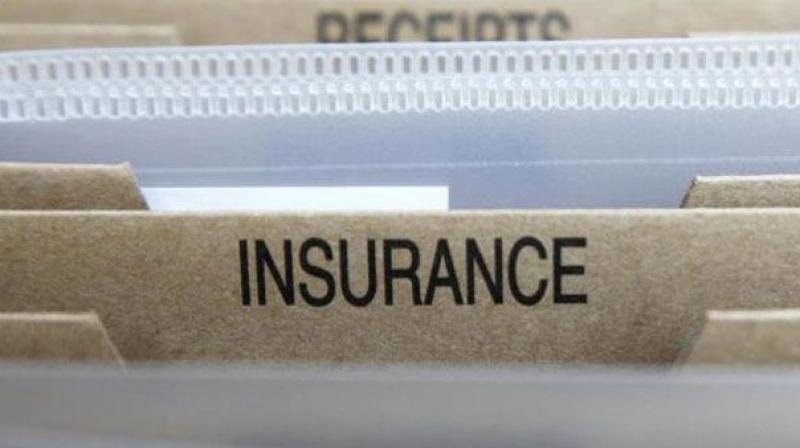Don't repeat your parents' mistakes

Our parents shape our lives in so many ways. Some of our money management habits also come from them. Being financially aware is key to realising one’s life’s dreams and ambitions. Therefore, it’s important to evaluate the money habits we've inherited. Good habits will go a long way in laying the foundation for a prosperous life. But bad habits will need to be nipped. Here’s a checklist.
LOAN REPAYMENTS
A group of economics professors at the University of Copenhagen analysed 30 million personal loans held by five million people aged between 18 and 45 in the period between 2004 and 2011. They found that if a parent had defaulted on a loan, the chance of their child defaulting too were four times as much as parents who had not defaulted. This correlation seemed agnostic of factors such as family incomes and intelligence. The study revealed that the attitude towards risk transcended generations. The learning: Take stock of how your parents have managed repayment of loans in their lives, and evaluate your own attitude towards debt. Remember that repaying a loan is your legal and moral obligation. Not just that, good repayment habits boost your credit score, allowing you to take newloans at attractive interest rates.
ADEQUATE COVERAGE
Many Indians buy insurance first to save taxes and secondly to invest (We’ll come to the second part next). They often do not calculate how much insurance the family would actually need in case of the insured person’s death, or during the hospitalisation of a family member. If your family members depend on you, you must buy adequate life coverage through a term plan to cover such needs as your dependent spouse’s income needs, loan repayments, child’s education costs, healthcare, and daily requirements. If not, you may be leaving them vulnerable.
BUYING TRADITIONAL INSURANCE
We have all been there; hard-sold the virtues of a traditional insurance plan by a relative or a friend with assurances of guaranteed returns, which when you think of it, may be meaningless in the long run. It could be especially problematic investing through such insurance plans. The mandatory lock-in in such plans make them difficult to exit, and the assured returns invariably mean low returns. You may find it worth your while to insure through term plans and to invest through smarter avenues such as mutual funds.
SMARTER INVESTMENT OPTIONS
Your money should be available to you when you need it. Most small savings schemes have moderate returns and are also not tax-efficient. Endowment insurance plans have low returns and lock-ins. Fixed deposits are liquid, but not tax-efficient. You should find better investment instruments. There's been a surge in mutual fund investments in the last two years, since they tackle the concerns raised here. They are tax-efficient; you can enter and exit them as you wish; the returns can be as high as your risk appetite; and you can invest with sums as small as Rs 500 a month.
GOLD DOESN’T ALWAYS SHINE
Gold has been a traditional form of investment. It has its benefits — the yellow metal is malleable, doesn’t corrode, and is rare. It can be worn or used as a decoration item. But as an investment option, it is fraught with risks — purity, market returns, and safe storage. If you’re looking to wear your gold, you should certainly buy it. But as an investment, you should restrict its quantity in your portfolio. Gold’s recent returns haven’t been attractive. If you must buy it, you can also consider smarter alternatives such as gold mutual funds, gold ETFs, and Sovereign Gold Bonds.
NOT BUYING HEALTH INSURANCE
There are so many people who have entered the golden years of their lives without health insurance. At a time their health is most vulnerable, they are without insurance. It’s also an age when it’s most difficult to buy a new health policy. A hospitalisation may quickly exhaust the family’s savings and investments. To avoid these problems, you must buy and maintain health insurance from a young age.
(The writer is CEO, BankBazaar.com)

